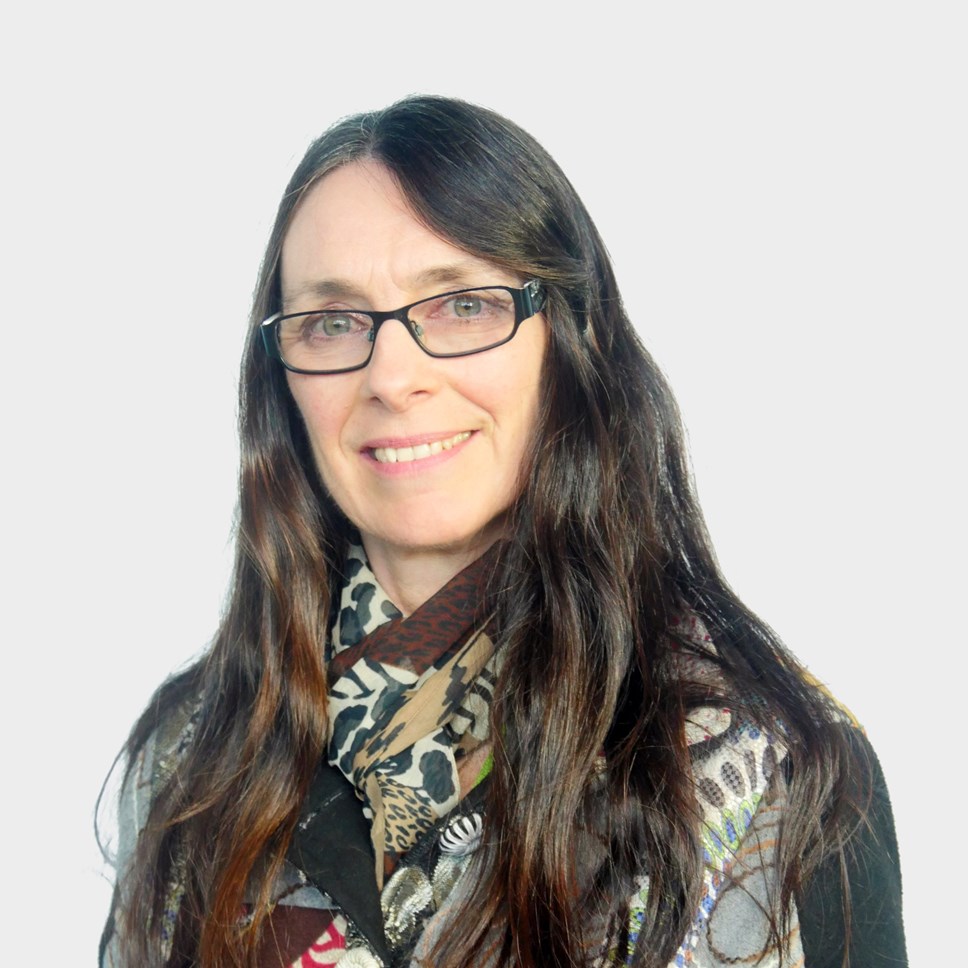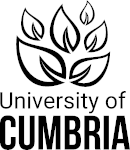
Diversity research, teaching and learning enrichment at Cumbria’s university
Building upon its academic excellence and unique characteristics, the Institute of Education at University of Cumbria is enriching its teaching and learning of and research into diversity.
This semester, achievements include:
-
recognition on a national stage for academic research which gives insight into factors affecting aspirant headteachers from minority ethnic and other backgrounds seeking to pursue school leadership roles;
-
enriching Initial Teacher Education (ITE) curriculum for student teachers with professional development training from the UK’s largest anti-racism charity;
-
having leading social injustice expert speaking at Cumbrian race conference.
With a firm focus on increasing higher-level skills in the North West, the university encompasses Cumbria, a county recognised as being one of the least diverse areas of the country.
With sites across Cumbria, the university also has a campus in Lancaster and another in East India Dock Road in the London borough of Tower Hamlets - one of the most diverse areas of England – as well strong partnerships with education providers around the world delivering programmes to international students.
The Institute of Education at University of Cumbria, one of the largest providers of teaching training in the UK, that delivers education and teaching programmes in Carlisle, Lancaster and London, is heading up several initiatives that have the ability to shape future policy and attitudes.
Research
Research by academics Professor Sally Elton-Chalcraft and senior lecturer Ann Kendrick, and Lancashire headteacher Alison Chapman into how race, gender, faith and other factors impact upon aspirant headteachers as they pursue school leadership roles, has been recognised by the British Educational Leadership, Management and Administration Society (BELMAS).
BELMAS supports the delivery of quality education through effective leadership and management with its annual awards recognising significant contributions made to this.
Data has been drawn from participants of three National College of Teaching and Leadership-funded courses in the North West of England.
Findings show that although many aspiring primary heads and women into secondary headship gained confidence as their courses progressed, their desire to become leaders, in some cases, decreased.
The opposite was the case for black and minority ethnic (BME) participants, most of whom cited, along with increased confidence and perceived competence, an increased desire to become middle leaders, despite some accounts of prejudicial treatment.
Factors cited by participants as impacting negatively on their desire to become leaders included work–life balance, accountability, faith, economic factors and issues concerning gender, particularly for women participants, who saw themselves as leaders both at work and in the home.
The article is runner-up in the Best Paper category of the 2020 BELMAS awards, sponsored by SAGE journal Management in Education.
Professor Sally Elton-Chalcraft, director of the Learning, Education and Development (LED) research centre, Institute of Education, University of Cumbria, said: “Our conclusion is that this research gives voice to the small sample of aspirant leaders’ perspectives on barriers to leadership, thus contributing to the literature concerning the nurturing of potential leaders, particularly women and those from BME backgrounds.
“What this study has shown is that although many participants were still keen to pursue leadership opportunities at the end of the course, nevertheless, for some women and some BME aspirant leaders, the barriers remain unassailable.
“Further research and detailed analysis is needed. However, the article has shown that entry to leadership positions by women and men, BME and non-BME, is a complex issue fraught with structural and personal barriers such as gender, race, faith and economic factors, and policy-makers should heed these voices if a shortage or crisis of future leaders is to be averted.”
Black History Month
Professor Elton-Chalcraft, professor of social injustice at the university, was among the speakers at Race 2B, a collaborative conference hosted by University of Cumbria and Multicultural Cumbria during Black History Month in October.
The Race 2B event builds upon the Memorandum of Understanding that has been signed by the two organisations.
Saj Ghafoor, chief officer of Multicultural Cumbria, said: “There are perceptions of Cumbria not being ethnically diverse. According to the data by the Office of National Statistics 2019, there are 30,000 people who live in Cumbria that were not born in the UK with BME residents at 5.9%. The conference brought together professionals and community speakers to talk about facts, research and life experiences.
“We have been delighted to have the University of Cumbria as our partner and look forward to working together on more exciting future projects. Our common goal is to make Cumbria a vibrant and forward-thinking county, that embraces all cultures and heritages while strengthening all our communities to feel equal, empowered and have the opportunity to influence positive change.”
Initial Teacher Education
University of Cumbria is also working with third-sector organisations to enrich its Initial Teacher Education curriculum delivered to student teachers.
Working with the HOPE not hate Charitable Trust, student teachers have completed professional development training which aims to enable them to develop a holistic understanding of how discrimination works, and to challenge them on how they can play a role in breaking it.
With a long and prestigious history of providing training and professional development programmes for teachers, University of Cumbria’s founding institutions include St Martin’s College in Lancaster and Charlotte Mason College in Ambleside, situated in England’s Lake District.
Today University of Cumbria is proud that more than 70 per cent of schools in Tower Hamlets employ at least one of its graduate teachers. As well as providing its own teacher training programmes, University of Cumbria also supports more than 2,000 schools and partners, largely in the north west of England, and 28 School Direct Alliances.
ENDS
NOTES TO EDITORS
1. ‘Gender, Race, Faith and Economics: Factors Impacting on Aspirant School Leaders’, by Professor Sally Elton-Chalcraft, director of the university’s Learning, Education and Development research centre; Ann Kendrick, senior lecturer in education leadership and development, Institute of Education, University of Cumbria; and Lancashire headteacher Alison Chapman. Read the full article here
2. RACE 2B conference links: Race 2B Conference and click on individual speakers. Read this blog post about the university’s partnership with Multicultural Cumbria. Alternatively find out more here.
3. UK government, regional ethnic diversity figures: https://www.ethnicity-facts-figures.service.gov.uk/uk-population-by-ethnicity/national-and-regional-populations/regional-ethnic-diversity/latest#full-page-history
IMAGES
-
Professor Sally Elton-Chalcraft, professor of social injustice and director of Learning, Education and Development research centre, Institute of Education, University of Cumbria
2. Ann Kendrick, senior lecturer in education leadership and development, Institute of Education, University of Cumbria
3. Alison Chapman, headteacher, Baines School, Poulton-le-Fylde, Lancashire
